Beat the Heat: Keeping Your Pet Safe During a Florida Summer
Long, sunny days in Boca Raton are made for beach strolls, backyard BBQs, and outdoor fun—but for pets, that same heat can pose serious health threats. Dogs and cats can’t handle high temperatures the way we do. Instead of sweating all over like humans, they release heat mainly through panting and their paw pads. In Florida’s hot and humid climate, that’s just not enough.
Whether you’re heading out for a walk or spending time by the pool, it’s important to know the signs of heat-related illness and take steps to prevent it. At Boca Midtowne Animal Hospital, we want every summer day to be a safe one—for both you and your four-legged family.
Why Summer Heat Can Be Dangerous for Pets
Limited Cooling Abilities
Pets are naturally less efficient at cooling themselves. In high humidity, panting doesn’t work as well, and their core body temperature can rise quickly—sometimes to dangerous levels. The results can range from mild dehydration to life-threatening heatstroke.
Pets Most at Risk
Some pets are especially vulnerable in the heat:
- Short-nosed (brachycephalic) breeds like Pugs, Bulldogs, Frenchies, and Persian cats struggle with airflow and thermoregulation
Learn more about body condition and breathing - Senior pets and those with heart or respiratory conditions often overheat more easily
- Overweight pets retain more heat
- Dark-coated animals absorb more solar radiation from the sun
Warning Signs: Recognizing Heatstroke Early
Knowing the signs of overheating is the first step in protecting your pet. Pay attention to:
Mild Signs of Heat Stress
- Excessive panting or drooling
- Seeking shade, slowing down, or refusing to move
- Fast breathing or increased heart rate
- Red or warm ears, gums, or paw pads
Signs of Advanced Heatstroke
- Bright red gums or tongue
- Vomiting or diarrhea
- Weakness, stumbling, or collapse
- Pale or blue gums
- Seizures or loss of consciousness
If your pet shows any signs of heatstroke, this is a true emergency. Begin cooling efforts and contact a veterinarian immediately.
More on heatstroke in pets
How to Prevent Heatstroke Before It Starts
It’s much easier to prevent heatstroke than to treat it. Follow these safety guidelines:
- Fresh water access: Always keep clean, cool water available indoors and outside
- Avoid mid-day heat: Walk dogs early in the morning or later in the evening
- No hot pavement: If you can’t hold your palm to the ground for 5 seconds, it’s too hot for paws
Protect your pet’s paws - No parked cars: Even with windows cracked, internal temps rise rapidly
- Use shade and cooling gear: Kiddie pools, cooling vests, and shaded rest spots help regulate temperature
Indoor and Outdoor Cooling Strategies
Outdoor Safety Measures
- Limit strenuous play between 10 AM – 4 PM
- Use cooling mats, splash pads, or frozen treats
- Create breezy shaded areas with tarps or umbrellas
Indoor Comfort Tips
- Crank the AC or use fans for airflow
- Offer cool floor surfaces like tile or stone
- Engage your pet with low-energy games to reduce boredom
Explore summer boredom busters
Don’t Forget the Cats
Florida summers are tough on outdoor cats, too.
- Provide shady spots and multiple water bowls
- Refill water often—especially in metal bowls that heat up fast
- Watch for excessive grooming, lethargy, or labored breathing
Summer safety tips for cats
Holiday & Gathering Safety Tips
Fireworks and Thunderstorms
Florida’s summer storms and Fourth of July celebrations can be terrifying for pets.
- Keep pets safely indoors in a quiet, secure room
- Use white noise, calming chews, or pheromone diffusers
Help for noise-sensitive pets
Cookouts and Outdoor Parties
Barbecues can pose hidden risks:
- Keep pets away from greasy foods, alcohol, grapes, onions, and bones
- Ensure microchip and ID tags are current in case of accidental escape
BBQ foods to avoid
What to Do if You Suspect Heatstroke

Immediate first aid can save your pet’s life.
- Move them to a cool, shaded or air-conditioned area
- Offer small sips of cool (not ice-cold) water
- Apply damp towels to their armpits, belly, paws
- Use a fan to encourage cooling
- Go to your veterinarian or emergency clinic immediately
Never use ice or cold baths—this can cause blood vessel constriction and worsen the situation.
Preventing pet heatstroke
Why Follow-Up Hospitalization Matters
Even if your pet appears better after cooling down, internal organs may already be damaged.
Hidden Dangers of Heatstroke
- Kidneys can fail due to dehydration and poor circulation
- GI tract lining may break down, leading to ulcers or bleeding
- Liver function can be impaired, affecting blood clotting
- Brain swelling can lead to seizures or long-term damage
- Muscle breakdown can release toxins into the bloodstream
Signs That May Develop Hours or Days Later
- Vomiting or diarrhea
- Blood in stool or urine
- Disorientation or lethargy
- Labored breathing or collapse
- Loss of appetite or dehydration
Why Hospitalization Is Often Needed
Veterinarians may recommend 24–72 hours of inpatient care for:
- IV fluids to stabilize circulation and kidney function
- Electrolyte replacement and blood monitoring
- Ongoing temperature regulation and observation
- Medications for pain, vomiting, infection prevention
Even a mild case of heatstroke warrants a vet visit. Don’t wait.
How Boca Midtowne Animal Hospital Can Help
We’re here to help your pet stay safe, cool, and comfortable all summer long.
At Boca Midtowne Animal Hospital, we provide:
- Care for heatstroke, dehydration, and paw burns
- Preventive summer exams to assess risk and plan ahead
- Weight and nutrition support to improve cooling and hydration
- Behavioral consultations for noise aversion, anxiety, or stress
- Access to trusted, accredited care:
Explore our veterinary services
Enjoy Summer—Safely
Whether you’re hiking, hosting, or heading to the beach, your pet’s safety starts with preparation. By learning the signs of heatstroke and keeping your pet cool, hydrated, and protected, you’re helping them enjoy summer just as much as you do.
Need help creating a summer wellness plan or emergency checklist?
Visit Boca Midtowne Animal Hospital or contact us today to schedule your pet’s next visit.
Stay safe—and stay cool!

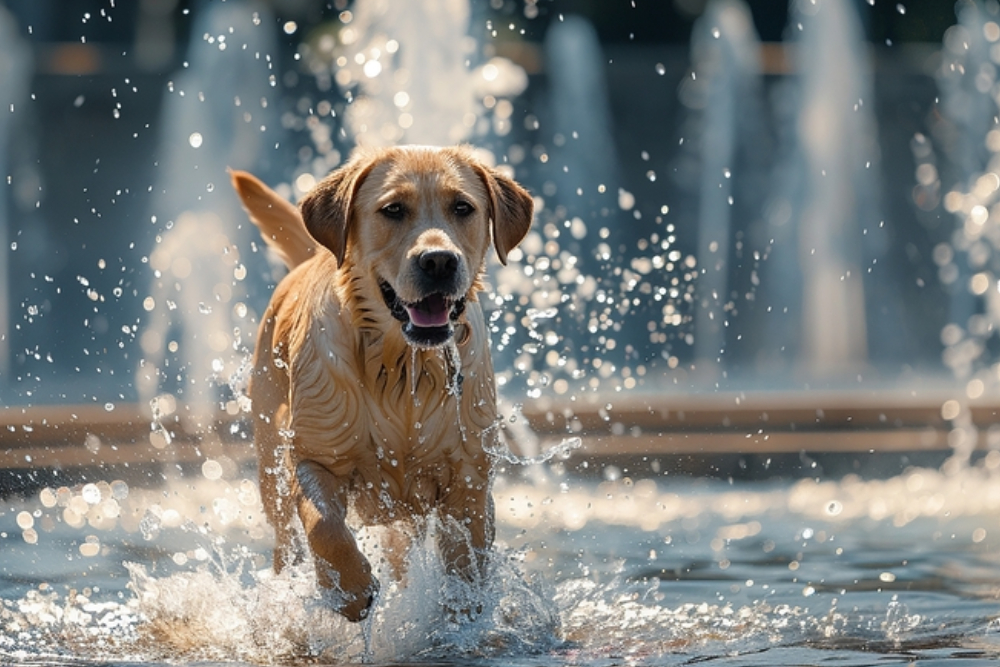
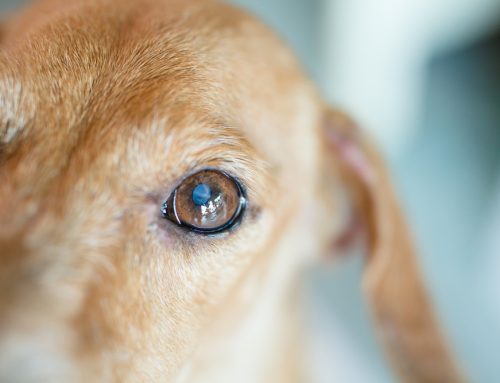
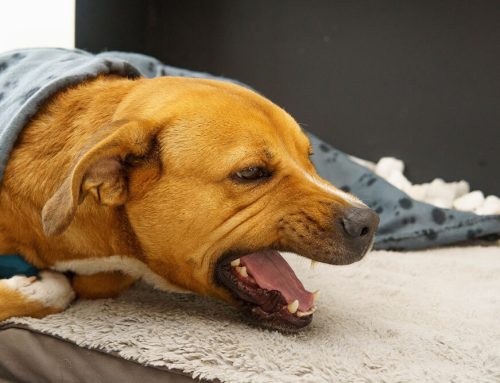
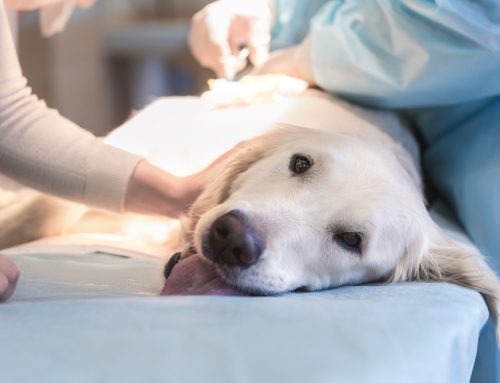
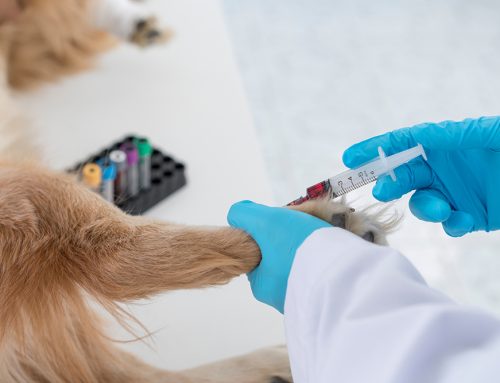


Leave A Comment